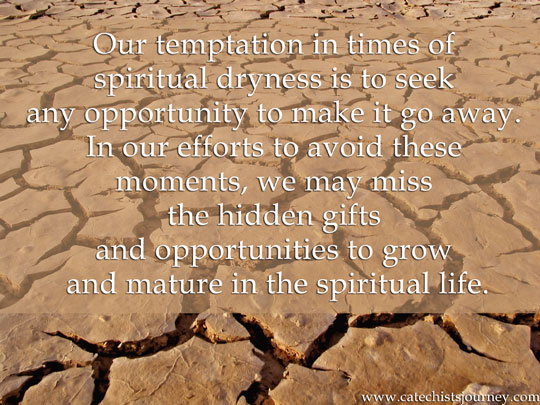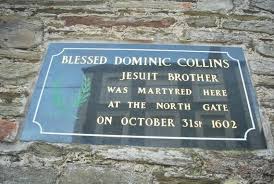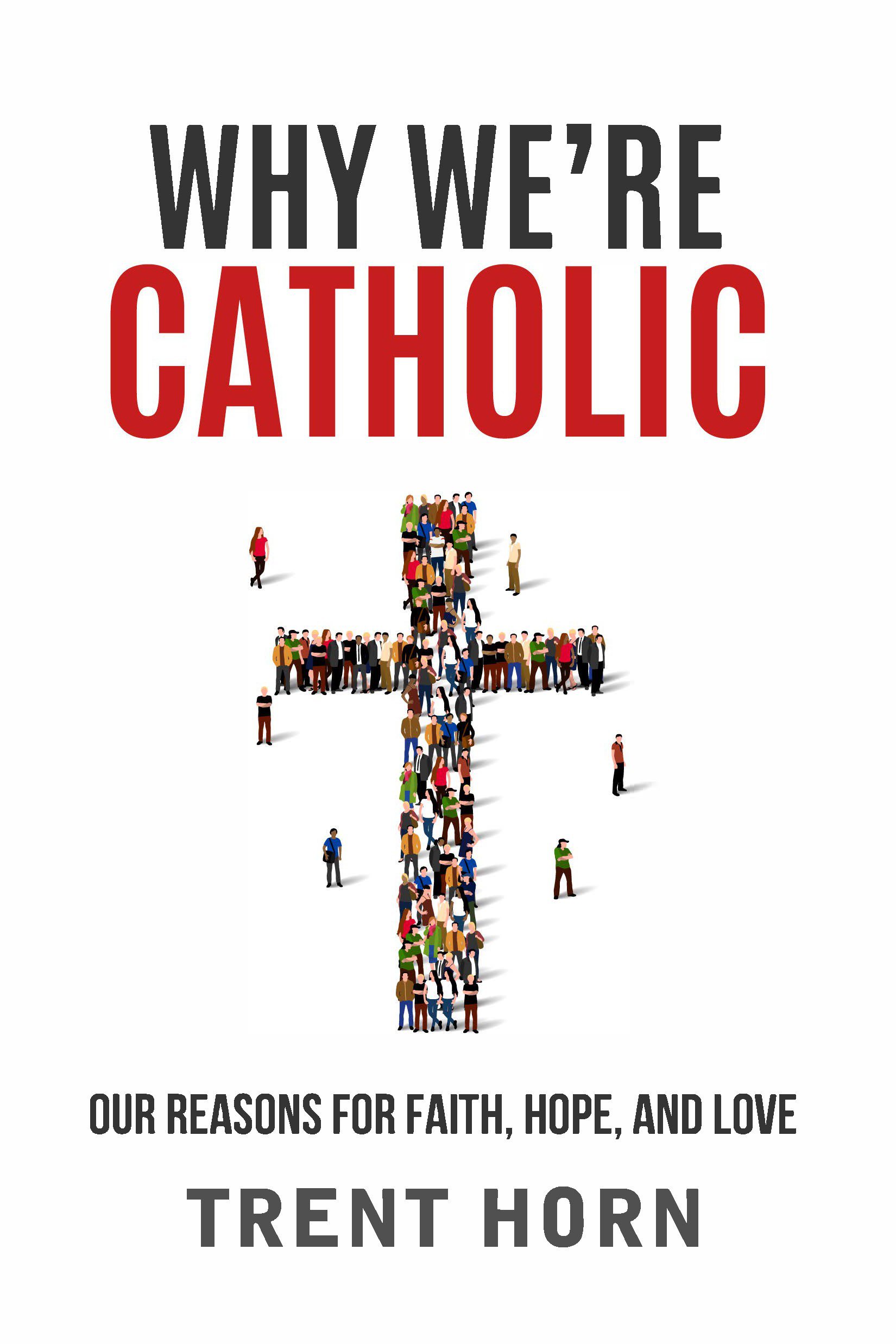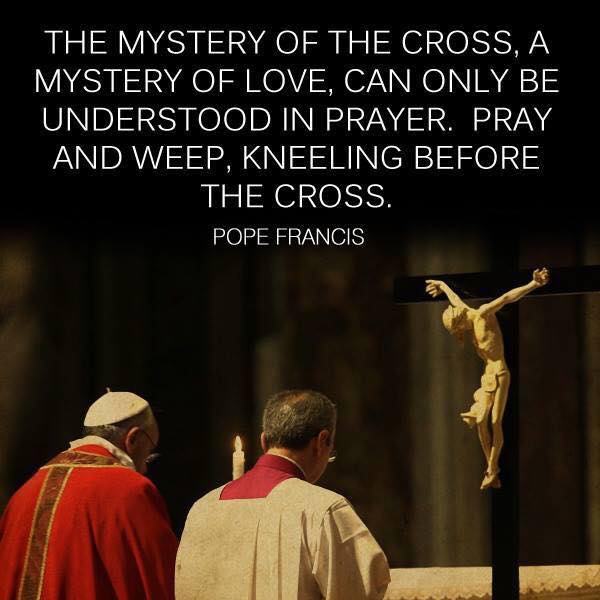
-by Don Johnson
“I clearly remember the moment I became a Christian. I don’t recall how old I was exactly, probably six or seven, but it was a Sunday afternoon and I had been to church that morning. Something about Sunday School must have made an impression on me, because I asked my mother to come to my room to talk to me about getting saved. She graciously led me in a prayer of repentance and faith. As we finished, I felt great joy and relief sweep over me. I knew that I was going to get into heaven because Jesus had died for me.
If you had asked me at the time what it meant to be “saved,” I’m not sure what I would have told you. However, as I think back now to the theology of my youth, several images come to mind. For one, I considered salvation as a type of fire insurance. To avoid hell, make sure you sign on the dotted line by doing whatever the preacher says you need to do (“believe,” “repent,” “have faith,” “give your life to Jesus,” etc.) and then rest easy, knowing that you are covered. Your papers are in order, and when that fateful day arrives, everything will be just fine. In more familial and relational terms, I thought of becoming a child of God as a one-time transaction in which I got a new legal guardian, but one with whom I didn’t get to live. It’s like I was an orphan who got adopted, but then had to stay in the orphanage, even though I was now assigned a new name and even guaranteed an inheritance at some point in the future.
One of the unfortunate consequences of this view was that I lived a rather pathetic spiritual life as a youth. By that I mean I wasn’t really any different from any of the unbelievers I knew. I was enslaved to the same sins, beset by the same character flaws, and guided by the same materialistic priorities as everyone else. I didn’t pursue a life of radical righteousness or intimacy with God because I didn’t think it ultimately mattered. I was going to get to Heaven regardless. God didn’t take into account my sin and worldly ambition; He only saw the “Jesus covering” He had placed on me. I may not actually have been righteous, but God saw me as legally righteous, so everything was all right.
However, as a young adult my view of salvation began to change. I became heavily involved in ministry and started to study the Bible intensely. I was particularly interested in the Gospels and their relationship to the Old Testament. As I dug into Exodus, for example, I saw how it prefigured the entire story of God’s redemption. I became convinced that legal forgiveness is only one part of the equation. God doesn’t just purchase sinners while leaving them essentially unchanged. He doesn’t just take legal guardianship of children and cover their sins. Rather, He creates new children that are in intimate union with Him. God doesn’t just look at a believer “as if” he were a new person; he is actually a new person. The old person is dead, a new person is alive.
This birth is just the start of the Christian life, however. I now saw that salvation is a process by which we strive, by God’s grace, to become ever more like him. It is not simply a legal transaction in the past, but an ongoing journey to be finished and a battle to be won. My theology had been missing these truths. As I now started to understand and live them out, my relationship with God was taken to a much deeper level. It also turned out to be my first step toward the Catholic Church.
I was interacting with many skeptics in those days, and I noticed that their objections to Christianity were often based on the false view of salvation that I had come to reject. My childhood beliefs regarding salvation, and the spiritually weak Christians it produces, are a huge stumbling block. Unbelievers, particularly, simply can’t abide the notion that God doesn’t care what kind of person you are. They can’t understand why God would forgive some people and let them into heaven ahead of those who have lived morally better lives based on something as seemingly capricious and silly as saying a prayer, intellectually assenting to certain propositions, getting confirmed, or jumping through some other seemingly arbitrary hoop. It seems terribly unjust.
As my view of salvation shifted, I found myself agreeing with these atheists. If that view of God’s plan is correct, it is unjust. However, I was now convinced that that view was false. So I started teaching my new theology through my ministry and sharing it with the skeptics. And frankly, most of them were eating it up. The Evangelical churches I was speaking at greatly enjoyed my messages, and I was making good headway with many atheists and agnostics.
But not everyone appreciated my “insights.” I faced objections on two fronts. First, I was taken to task by an individual at one church, who claimed that I was contradicting the official doctrinal statement of his denomination. Frankly, I had never read it, and no one had ever asked me to. However, when I did, I realized that he actually had a case. There, in black and white, was the proposition that salvation was a one-time legal transaction that should be understood as separate from any call to ongoing holy living.
Secondly, the skeptics I was sharing with, while generally receptive to my understanding of salvation, often ended the conversation by saying something like this: “That’s nice, Don, and if God really was how you portray Him, and if His plan of salvation actually did work that way, I might accept it. But that’s just your opinion. The pastor down the street says something different, and I can find any number of Christian leaders who would offer any variety of opinions, and they all use the same Bible you do. Why should I believe your interpretation?” I had to admit they had a point.
In response, I started to dig into church history. Specifically, I started studying the history of various local denominations and the history of the doctrine of justification. That led me directly to the Reformation. Curiously, I had never really studied the Reformation. I had just assumed that it was a righteous movement that restored the Church to its biblical roots. However, as I analyzed what actually had happened, several startling facts jumped out at me, none of which aligned with my presuppositions.
First, the understanding of salvation that I had accepted as a child but now rejected as unbiblical was actually an articulated doctrine of several Reformers. (Today it is often called “forensic justification.”) Indeed, it was a key point of disagreement with Rome and a foundational element of much of Protestantism. It was a shock to me that, in many of my sermons, I was actually attacking one of the cornerstone doctrines of the movement that led to the very churches in which I had been speaking.
So the question naturally arose: Was the doctrine of forensic justification something new with the Reformation, or was it a renewal of the early Church’s teaching? In other words, were the beliefs that I now rejected held by the early Church Fathers — in which case I would have to re-think my stance — or were they developed fresh by the Reformers — in which case I could feel justified in rejecting them.
After extensive research, the answer was clear: the idea of forensic justification was new with the Reformation. Before that, the Church had been unanimous and unwavering in its understanding of salvation as a process whereby Christ’s life makes us new, and we are formed to be like Him. My “new” understanding of salvation, based on my personal interpretation of Scripture, turned out to be simply the historical orthodox teaching of the Catholic Church.
That truth dovetailed nicely with another fact I discovered: the Reformation notion of sola Scriptura was also new, and the crisis of authority that I faced in my evangelism work was its direct result. The idea that the Bible alone should guide us had never been accepted within Christianity before 1517, and its introduction led only to doctrinal chaos. Without an authoritative interpretive guide, people could — and did — teach and believe anything.
As I now realized, Jesus never intended such confusion. That’s why He left us a Church. He didn’t drop a book from the sky and say, “Do your best to find your own way based on your own interpretation.” He appointed Apostles and gave them His authority to lead in His name. I now had an answer to the skeptics who claimed that my theological views were just my opinion: No, my views are simply the teaching of the Church that Jesus founded.
Faced with the beginning of a clear biblical, historical, and philosophical case for the Catholic Church, I started to panic. This was going to cause a huge disruption in my life! But the more I studied, the more reasonable and attractive Catholicism became. I read authors like Scott Hahn and Jeff Cavins. I even enrolled in the MA Theology program at Franciscan University of Steubenville and became enthralled with the writings of Pope St. John Paul II and Pope Emeritus Benedict XVI, as well as scholars such as Jean Danielou and Louis Bouyer. One by one my various objections were answered.
The last stumbling block was the Sacraments. I had been raised in a very non-liturgical, non-sacramental church culture, and I was having trouble getting comfortable with the idea that God would use matter as a means of grace. However, here again, my study of Scripture and the Reformation, as well as my work with skeptics, was a great help.
First, I realized that the Catholic understanding of the Eucharist had been universally accepted and practiced from the early Church until the Reformation. Its rejection in the 16th century represented something novel in the history of Christianity. If the Reformers were right, it meant that everyone from the very first disciples of the Apostle John had been wrong. That made no sense to me.
Secondly, having already been making the case that the New Testament was the fulfillment of the Old, I applied this interpretative principle to passages such as John 6. What could Jesus possibly have meant, and how would His Jewish followers have understood Him? I began to understand that the Eucharist was the fulfillment of the Passover celebration and those early Christians, who were almost all Jews, would never have understood it after my gnostic manner. They would instead have understood it according to the sacramental worldview they had always held; they would have seen it as the very Body, Blood, Soul, and Divinity of Jesus.
Finally, my work with skeptics helped me to come to a revelation about the Sacraments. My approach to atheists and agnostics, especially those who tend towards a materialistic view of the world, is to suggest that there might just be more to the world than they’ve been led to believe.
I then asserted that their worldview is reductionist, and that there might be dimensions to reality that they hadn’t really taken into account. By ignoring these, they were missing out on a lot of really good, true and beautiful things that God was offering. Their skeptical worldview was a handicap for them, it was reducing their understanding of reality and constraining them from living life to the fullest.
Then, a question began to arise within my mind. What if there was more to the world than I, too, had been led to believe? What if there were dimensions to reality that I hadn’t taken into account, and that by ignoring them, I had been missing out on a lot of really good, true and beautiful things? What if, I asked myself, not only did Jesus love me and long for me to live a joyful life, but that He had made possible an even more abundant life than I had imagined by offering His very Body, Blood, Soul, and Divinity in the Eucharist? Could it be that my Protestant worldview was equally reductionist and gnostic in a way similar to the atheist viewpoint?
My answer was yes. I realized that I had been guilty of unjustified skepticism towards Catholicism in the same way that unbelievers are unjustifiably skeptical towards Christianity in general. I also realized that I longed for the Eucharist and the intimacy with Jesus that it promised. That was the final piece of the puzzle, and I was received into the Catholic Church at the Easter Vigil, 2015.”
Love,
Matthew













